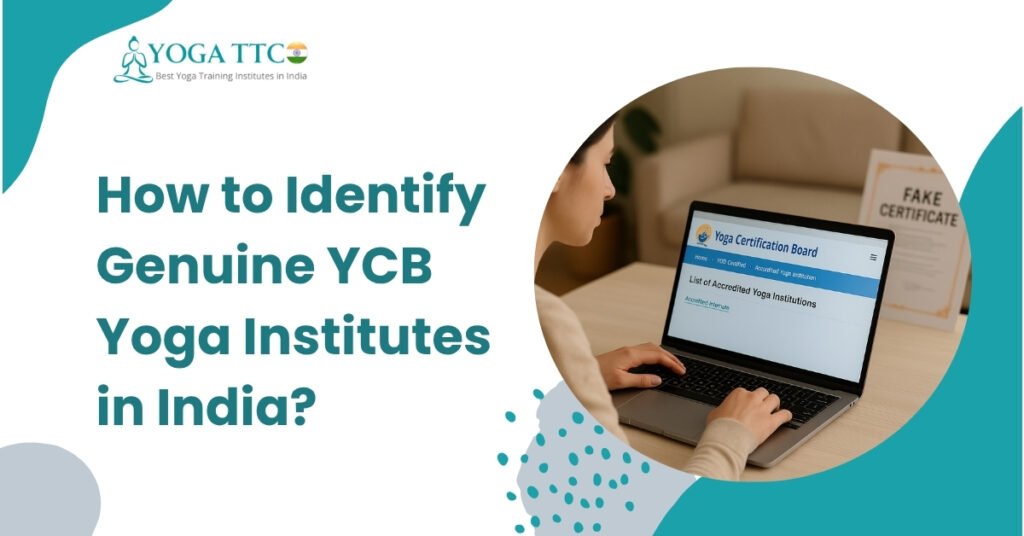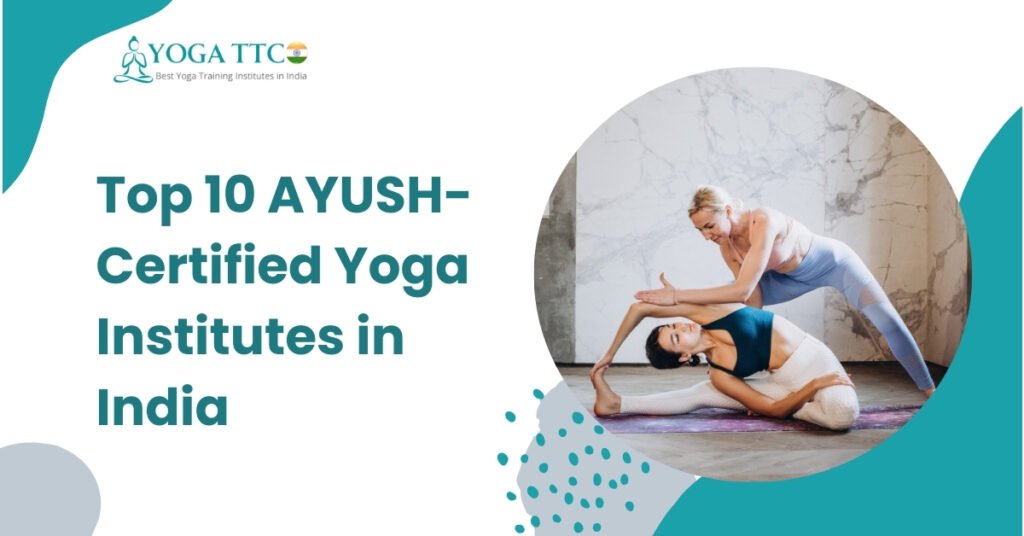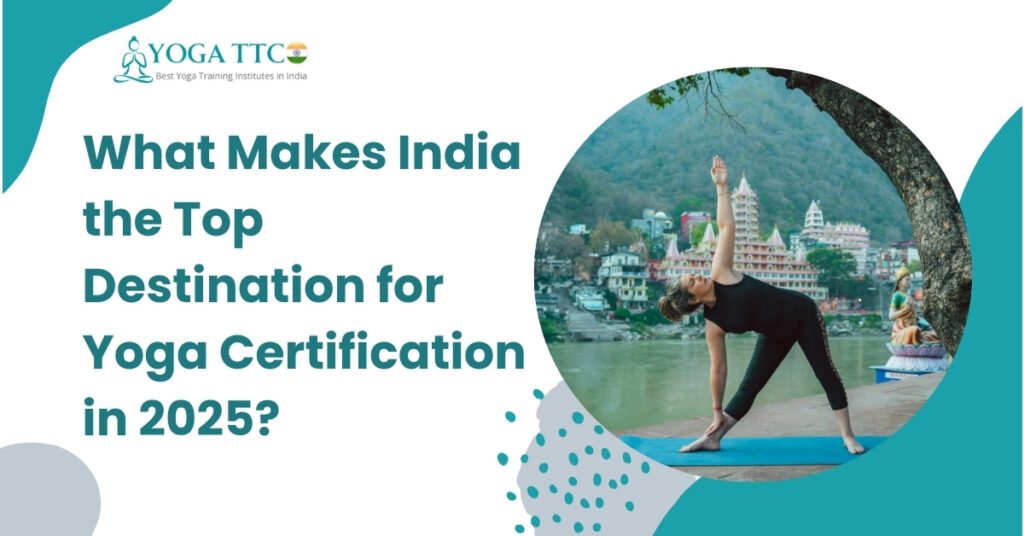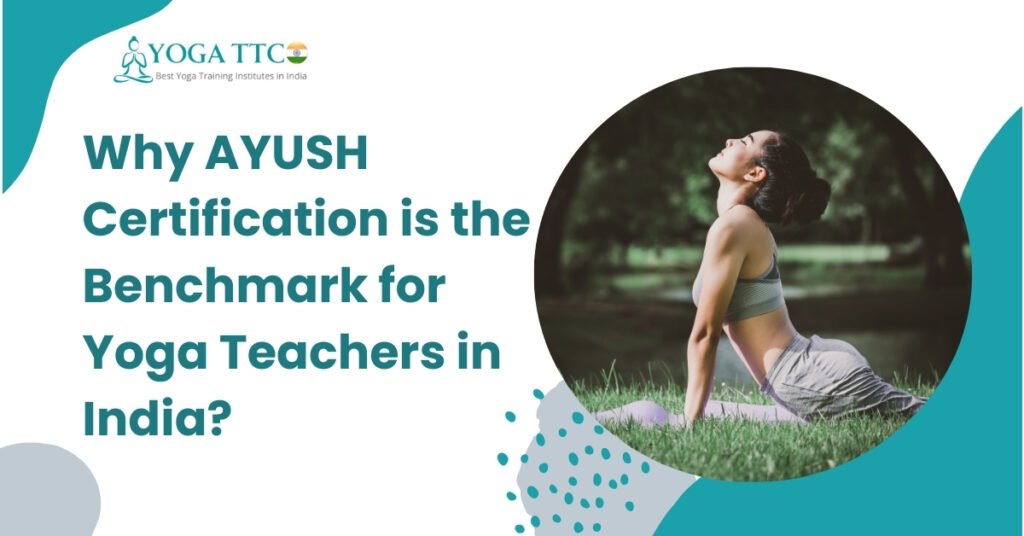What Foreign Students Should Know Before Joining a Yoga TTC in India?
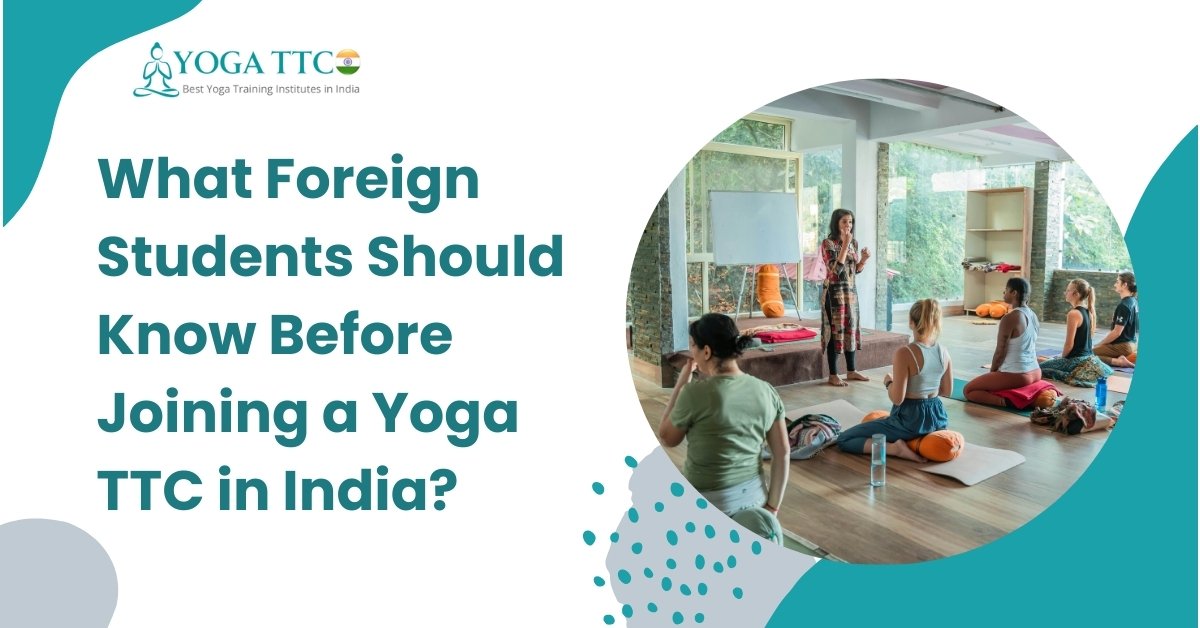
Planning to come to India for a Yoga Teacher Training Course (TTC)? That’s a big step and a beautiful one. India is the land where yoga was born and many students from around the world come here to deepen their practice and understanding of this ancient tradition.
But before you pack your bags and book your flight, there are a few important things you should know. Whether you’re coming for personal growth, spiritual exploration, or to become a certified yoga teacher, this guide will help you prepare for a meaningful and smooth experience.
Understand the Types of Yoga TTCs in India
Yoga training courses in India can vary in levels and structure. Many schools offer programs that follow different levels, such as 200 hours, 400 hours, 800 hours, etc, which are based on Indian government standards. These are designed to help students gradually build their knowledge and skills from beginner level to advanced teaching and therapeutic practices.
You’ll also find a wide variety of yoga styles being taught: Hatha Yoga, Ashtanga Yoga, Vinyasa Yoga, Kundalini Yoga, and more. Some schools focus on traditional teaching, while others combine traditional and modern approaches. Think about what you’re drawn to, whether it’s a calm meditative practice or a more dynamic physical one.
Choose a Recognized and Trustworthy School
Not all yoga schools are the same. It’s important to choose one that is recognized and offers quality teaching. Many well-established schools in India are certified by Indian government bodies, such as the Ministry of AYUSH or the Yoga Certification Board (YCB). These certifications show that the school follows certain standards in terms of content, teaching, and ethics.
Before making a decision, do a little research:
- Visit the school’s website
- Read student reviews
- Ask questions about the course structure, syllabus, and teachers
This will help you find a place that feels right for you.
Pick a Location That Suits You
India is a diverse country, and your experience will depend a lot on where you choose to stay. Some of the most popular places for yoga TTCs include:
- Rishikesh – A spiritual town in the Himalayan foothills, often called the “Yoga Capital of the World”
- Goa – A coastal state known for its relaxed vibe and mix of traditional and modern yoga schools
- Mysuru – Famous for structured yoga study, particularly Ashtanga yoga
Pune – A growing hub for yoga education, known for its well-organized teacher training programs, yogic research, and balanced mix of tradition and modern infrastructure - Kerala – A peaceful place with a focus on healing, Ayurveda, and slow living
Each location has its unique charm. Think about what kind of environment you would like to be in, such as mountains, beaches, cities, or countryside, and choose accordingly.
Prepare for the Cultural Experience
India is welcoming, but it can feel very different if you’ve never been here before. The food, language, customs, and lifestyle might take a little time to get used to. That’s completely normal.
Here are a few basic tips:
- Dress modestly, especially in temples or rural areas
- Remove your shoes before entering someone’s home or a yoga hall
- Greet people politely and be open to different ways of doing things
Learning to adjust and respect the culture around you can enhance your experience and help you connect more deeply with your surroundings.
Make Sure Your Travel Documents Are in Order
Before coming to India, you’ll need a valid passport and visa. Many students apply for a Tourist Visa to attend a TTC, though in some cases, a Student Visa may be recommended depending on the course. Always check the official Indian visa website or your local Indian embassy for the most accurate information.
It’s also a good idea to:
- Keep digital and physical copies of your important documents
- Share your travel plans with a friend or family member
- Make arrangements for airport pick-up if the school offers it
Being organized before you travel can help you feel more relaxed and confident once you arrive.
Respect Your Body and Health
Yoga TTCs are usually intensive and focus on all aspects of the yogic lifestyle, including movement, breathing, and mental discipline. While it is a wonderful opportunity to grow, it is also important to listen to your body.
You may want to:
- Consult your doctor before traveling, especially if you have any health concerns
- Carry basic medications for common issues like stomach upsets or allergies
- Stay hydrated and eat food that suits your digestion
Being gentle with yourself will allow you to get the most out of your training.
Be Mentally Prepared
Joining a TTC is not just about learning yoga techniques. It can be an emotional and mental journey as well. You will be in a new environment with new people learning new ideas. Some days may feel exciting while others may feel overwhelming.
Come with an open mind, a willingness to learn, and a flexible attitude. The more present and receptive you are, the richer your experience will be.
What Happens After the Course?
Once you complete your TTC, you’ll receive a certificate from the school based on the level of training you’ve completed. Depending on the course and certification, you may be eligible to teach yoga in different settings, back in your home country, or even in India.
Some students continue with advanced training, while others begin teaching or offering workshops. Many simply return home with a deeper sense of purpose, self-awareness, and inner peace. Whatever your next step is, your time in India will stay with you in meaningful ways.
You’re Not Just Signing Up for a Course—You’re Starting a Journey
Doing your yoga TTC in India is going to change you. It is not just about becoming a certified teacher. It is about slowing down, tuning in, and seeing the world and yourself with new eyes.
So take your time choosing the right institute. Ask questions. Read reviews. Trust your gut.
And when you’re ready, step into it fully.
Because once you do, there is no going back in the best possible way.


